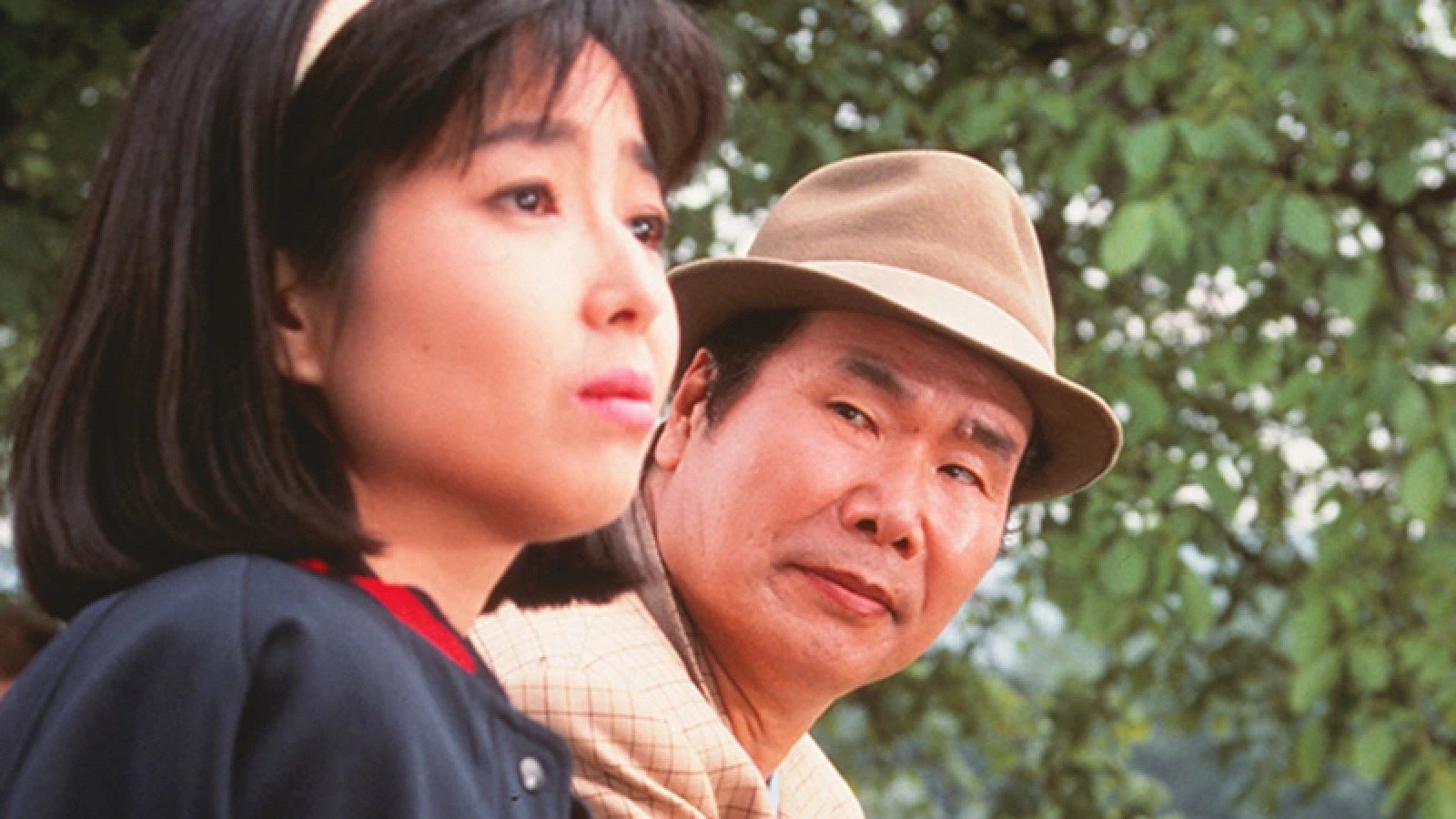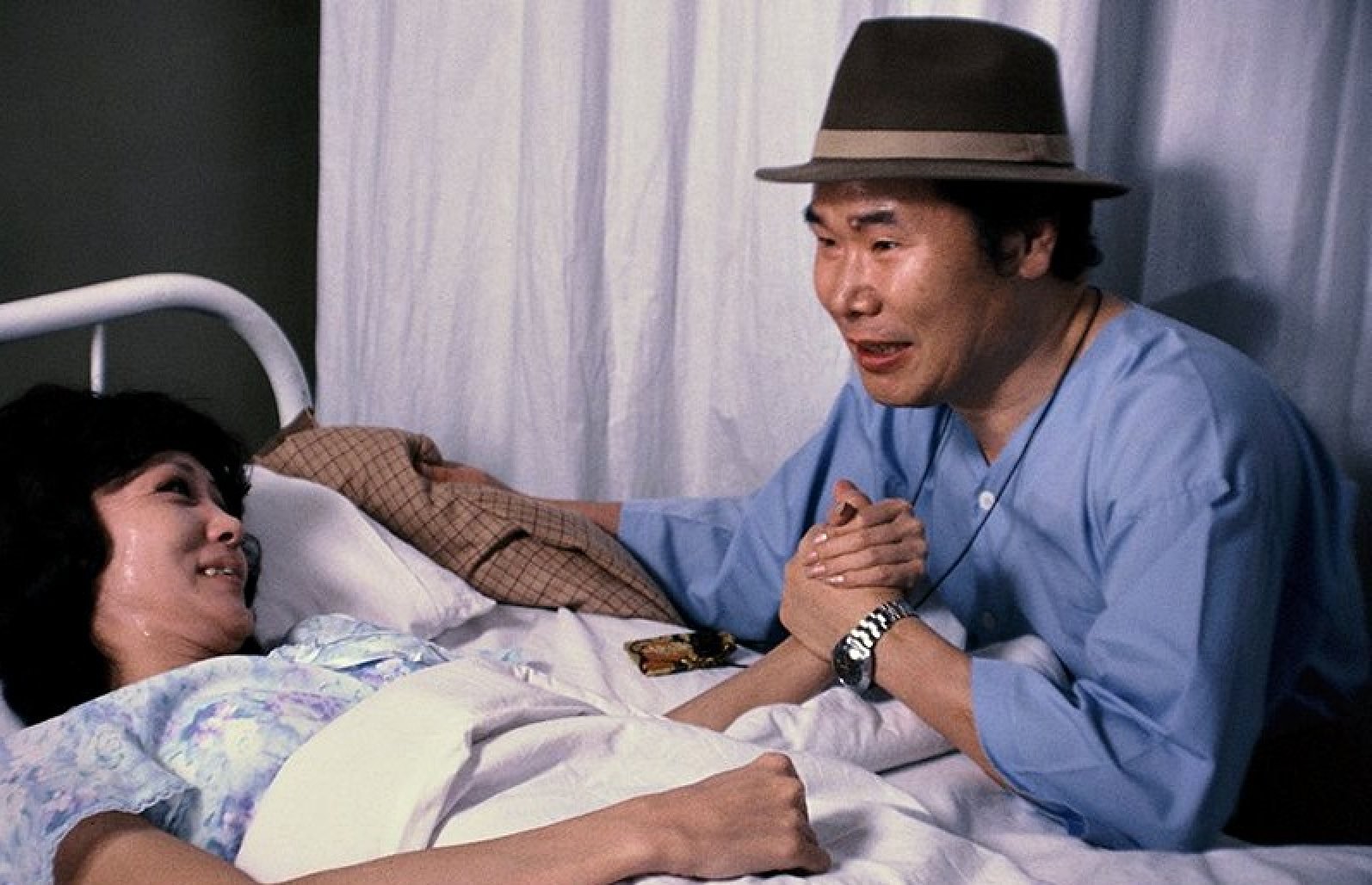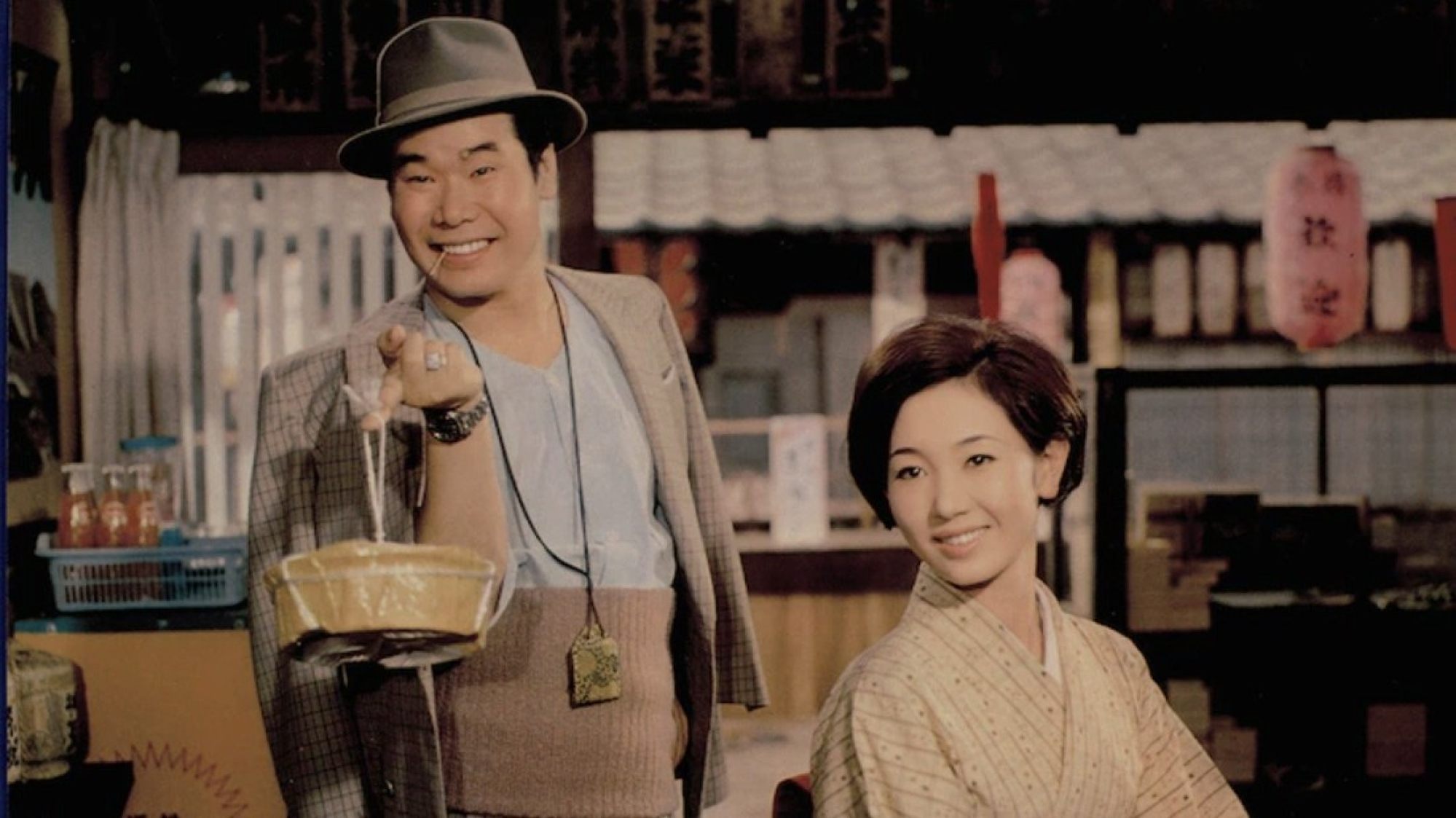In March, film buffs in Paris descended on the Maison de la culture du Japon for the final instalment of a Japanese movie series about a travelling salesman who is unlucky in love that had run for decades in its homeland.
The 280-seat hall was filled to near capacity, and after enthusiastic applause at the end, many in the audience expressed sadness that after 50 films, the Otoko wa Tsurai yo series had finally reached its conclusion.
In all, the showing of what was one of Japan’s most popular movie franchises drew over 10,000 film-goers to the cultural institute over its more than two-year run, in some of the clearest evidence yet that French interest in Japanese cinema, long restricted to art house classics, is now broadening to more mainstream releases.
Titled in English It’s Tough Being a Man, the series had 48 instalments between 1969 and 1995 in Japan and starred Kiyoshi Atsumi as Tora-san, who is invariably left brokenhearted at the end of each episode.

Evoking the spirit of Tokyo’s old shitamachi downtown and family life in simpler times during the post-war Showa era of the 1950s and 1960s, the series has iconic status in Japan.

The screenings in Paris, which began in November 2021, were initially planned to be more limited in scope, lasting for about a year.
But with audiences falling for the affable and free-spirited main character Tora-san, they were extended, becoming the first time the series had ever been shown in its entirety outside Japan.
Fabrice Arduini, the long-time film department head at the Maison du Culture, says: “French people perceive Tora-san’s value of ‘cherishing family’ as conservative and not very relatable. But the human side of Tora-san, such as his love of his itinerant life and always being heartbroken, come across well.”
Arduini says he had wanted to screen the “Tora-san” films earlier but had initially met resistance from fans who looked to Japanese cinema only for more artistic films.
French people have got into the habit of going to see Japanese films the same way they go to see American films
But an overwhelmingly positive reception confirmed that “audience demographics and tastes are changing.
Many people said they wanted to go to Japan after seeing ‘Tora-san’,” Arduini says. He hopes to introduce Free and Easy (Tsuribaka Nisshi), a successful comedy series by director Tomio Kuriyama, among other popular film titles.
Elsewhere, Cinematheque Francaise, a film culture organisation in Paris, featured a special programme on director Kenji Misumi, known for his Zatoichi series about a travelling blind masseur-cum-swordsman of Japan’s Edo period in the 1830s and 1840s.
Misumi’s work was widely covered by French daily Le Monde and other media.

Yuko Tanaka, a film journalist living in Paris, pointed out that “companies that used to distribute a lot of Japanese films used to handle art films for cinephiles (movie buffs), but recently they are distributing more commercial films because they know they are popular among Japanophiles and general audiences”.

“The popularity of Japanese films is palpable,” he says, adding that the penetration of Japanese culture in French society, including manga and food, is also behind the allure.
“French people have got into the habit of going to see Japanese films the same way they go to see American films. This is a testament to the high quality of Japanese films,” Vincent says.

